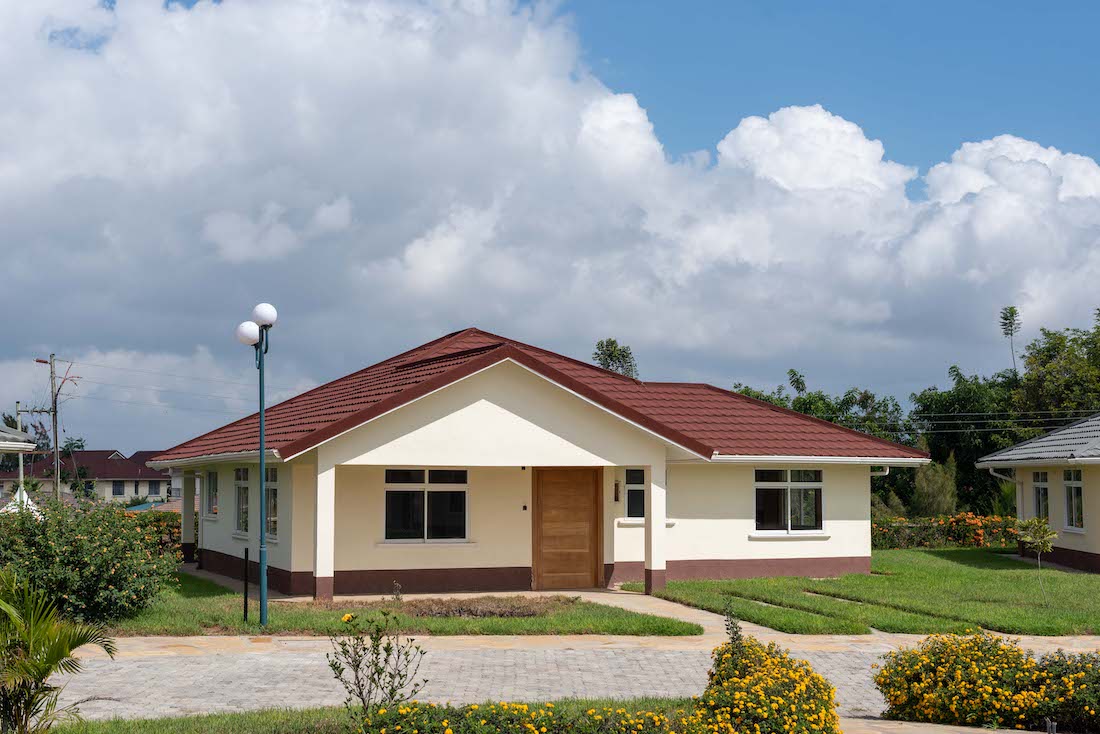During working years, you may be staying either in a rented house or at staff quarters provided by your employer. While these housing options are serving you well during your career, they can pose challenges as retirement approaches.
Renting a house can become financially burdensome after retirement. Without a regular source of income, it can be difficult to keep up with rent payments. Relocating to a cheaper house within town or its suburbs may seem like a temporary solution, but it is not a viable long-term strategy. Eventually, the lack of a steady income will force you to seek alternative living arrangements.
Eviction Notices
Refusing to vacate staff quarters or rented housing after retirement can strain relationships with landlords or employers. They may issue eviction notices, giving you no choice but to find a new place to live. Dealing with the stress and uncertainty of an eviction can significantly impact your retirement experience, causing unnecessary hardship and instability.
Planning for a Retirement Home
To avoid the challenges and uncertainties associated with post-retirement housing, it is essential to plan and prepare for a retirement home well in advance. Here are some key considerations to keep in mind. First, building your own house or owning a property where you can reside during retirement provides numerous advantages.
Homeownership grants you control over your living situation and eliminates the risk of eviction or the need for frequent relocations. It offers stability, security, and peace of mind, allowing you to focus on enjoying your retirement without housing-related worries.
Relocating Upcountry
Relocating to a rural area, particularly if you already have an existing house there, can be a favourable move for retirement. Rural areas often offer a peaceful and serene environment, providing a welcome change of pace from urban living. Additionally, the cost of living in rural areas is generally lower than in urban areas, helping you stretch your retirement savings further.
Terminal Lumpsum
If you do not already have a house in your hometown or a rural area, you may consider using part or all of your terminal lump sum to build a retirement home. Careful financial planning and saving during your working years will be necessary to make this option a reality. Building your own home allows you to customise it to meet your specific needs and preferences, creating a space that truly feels like your own.
Benefits of Homeownership
Owning your own home in retirement offers a range of benefits that would contribute to a more secure and fulfilling retirement experience. You will no longer have to worry about rent increases, eviction notices, or the uncertainty of finding a new place to live. This stability will allow you to establish roots in your community, build relationships, and create a sense of belonging, which can enhance your overall retirement well-being.
Financial Implications
Owning a home can have positive financial implications in retirement. Without the burden of rent payments, you can allocate your retirement income towards other essential expenses or savings. Additionally, property ownership can serve as an asset that appreciates over time, potentially offering you additional financial security and options for the future.
Read >> Governors Demand Hefty Payout In Retirement Package
Having a place to call your own brings a sense of pride and accomplishment. Your retirement home becomes a sanctuary where you can relax, create memories, and enjoy your hobbies and interests. This emotional well-being contributes to a higher quality of life during your retirement years.
Start Planning Today
When it comes to retirement planning, do not overlook the importance of securing a retirement home. Begin your preparations early to ensure a smooth transition into retirement. Evaluate your financial resources and determine how much you can allocate towards building or owning a retirement home. Work with a financial advisor to create a comprehensive retirement plan that takes into account your housing needs and goals.
Explore Options
Research different locations, whether in your hometown, rural areas, or other areas that align with your preferences. Explore the housing market, costs, and any available incentives or assistance programmes. Take the time to visit potential areas and consult with real estate professionals to gain a better understanding of your options.
Savings Strategy
If building or owning a retirement home is part of your long-term plan, develop a savings strategy that allows you to set aside funds specifically for this purpose. Consider opening a separate savings account dedicated to your housing goals, and consistently contribute to it throughout your working years.
See >> Start Building Retirement Nest Egg As Early As Possible
Consult with professionals, such as architects, contractors, and real estate agents, to gather expert advice and assistance. They can help you navigate the process of building or buying a retirement home, ensuring that your specific needs and preferences are met.
The retirement home factor plays a significant role in ensuring a secure and fulfilling retirement. By acknowledging the challenges of current housing, planning for a retirement home, understanding the benefits of homeownership, and taking proactive steps to secure your future, you can embark on your retirement journey with confidence and peace of mind. Start planning today to build a foundation that will support your retirement years and allow you to focus on enjoying the fruits of your labour.
The writer is HRD Consultant and Author of Transition into Retirement. Email: [email protected]












Leave a comment